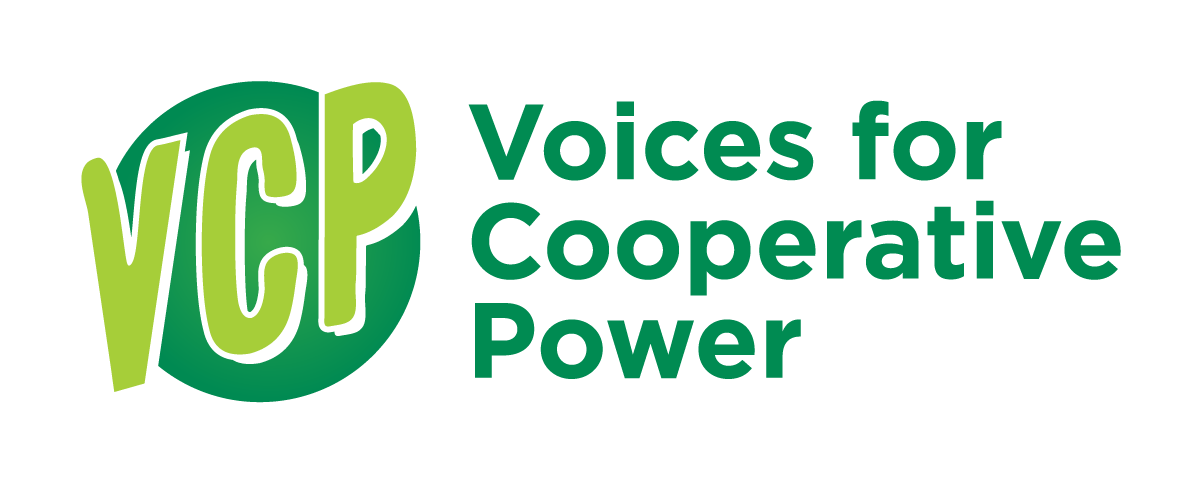The heat of summer often sees the height of utility costs. This is partially due to the increase in energy load, but also when energy is being used.
“On-peak hours”—typically between 1 and 7 p.m., Monday through Friday during the summer months—refers to the time of day when there is the most demand for electricity, requiring more power from the electrical supplier. This extra power to supply the peak demand—the electric utility industry’s equivalent of rush-hour traffic—is when power costs skyrocket. When costs to the power supplier increase, costs to our consumer-members increase as well.
Avoiding peak energy costs is a good reason to put some chores on hold between 1 and 7 p.m.--the hottest part of the day. Delay activities that require hot water, such as washing clothes, taking showers or washing dishes. Also, postpone using heavy appliances, like clothes dryers and ovens.
Use the following energy-saving steps to beat the peak this summer.
COOLING
Costs associated with cooling your home can make up a large portion of your summer electric bills.
Set the thermostat at 78 degrees or higher and use ceiling fans. You can save up to 5 percent on your air conditioning costs for each degree you raise the thermostat in the summer.
Invest in a programmable thermostat. Set it to automatically raise the thermostat setting when you are generally away from the house. It can then automatically adjust the temperature shortly before you typically arrive home.
Don't cool an empty house. If you are away from home for several hours or a few days, turn your thermostat up a few degrees so you aren't paying to cool an empty house.
Buy an ENERGY STAR-certified air conditioner. Replacing a 10-year-old window air conditioner with an ENERGY STAR-certified model can cut energy bills by an average of $14 a year. Have an air conditioning technician or energy auditor determine which unit is the right size for your space, especially if you are replacing a central air conditioning unit.
Check out the rebates available to Wheatland members. Wheatland offers rebates to dential members for the installation of energyefficient heating, ventilation, and air conditioning (HVAC) systems. To learn more, visit www. weci.net and click on “Get Rebates” or call 800-762-0436.
USE FANS
Use fans to cool yourself. Having a fan on can make you feel up to two degrees cooler. Just keep in mind that fans cool people, not rooms, so be sure to turn off the fan when you leave a room.
Flip the switch. Most ceiling fans have a switch near the blades to change the blade direction. In warm months, flip the switch so that the blades operate in a counterclockwise direction, effectively producing a “wind chill.”
ADD WINDOW COVERINGS
About 30 percent of a home’s cooling energy is lost through windows. According to Energy. gov, during warmer weather about 76 percent of sunlight that falls on standard double-pane windows enters to become heat.
Install white window shades, drapes or blinds to reflect heat away from the house.
Close curtains on south- and west-facing windows during the day.
INSULATE AND SEAL
Make sure you have proper insulation. It will help your home stay cool longer. Adding insulation will also help your home stay warmer in the winter.
Be sure to seal any gaps in your home. If you live in a pier and beam home or mobile home, make sure there is insulation under the flooring and proper skirting. The goal is to keep the cool air, which you paid for, in your home and the hot air outside where it belongs.
OUT WITH THE OLD
Consider consolidating food to the main refrigerator or freezer if you have a second, older refrigerator or freezer located in a garage or any unconditioned space. Older appliances can use up to two times more electricity if located in an unconditioned space.
HOUSEWORK
Delay housework using major appliances until before or after “on-peak hours.”
Use counter top appliances, like microwaves, convection ovens, slow-cookers, toaster ovens, etc., to reduce the extra heat produced by larger appliances and conserve energy.
Dry clothes outside in good weather. Using the sun’s energy to line dry will save you money and leave your clothes smelling fresh.
Clean the dryer lint filter after every load. Clogged filters drive up energy costs.
Wash laundry in cold water. Ninety percent of the energy used by washing machines is for hot water, so washing on the cold cycle will save you money.
PREVENTION
The best way to deal with high bills is to prevent them.
Use SmartHub to monitor your daily electric use. This free app helps Wheatland Electric members see their usage day by day, so you can make changes to your energy use as you go instead of being surprised by a high bill.
Text ENERGY to 830-423-5032 to receive peak alert notifications. Wheatland Electric offers free peak alert notifications to know when you should take extra precautions to conserve energy. For more energy-saving tips, LIKE Wheatland Electric on Facebook or call your local office.

